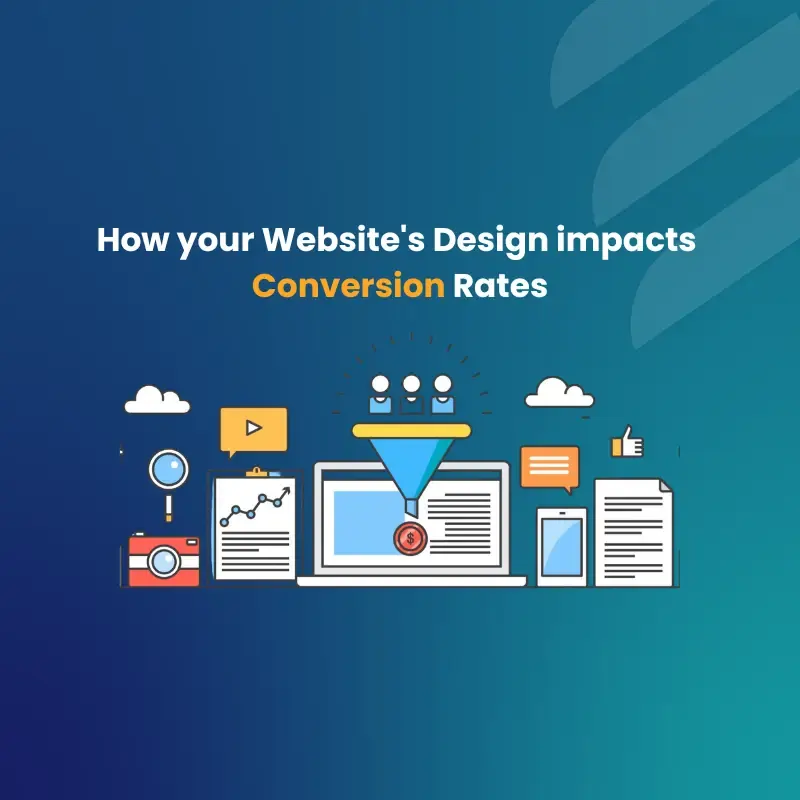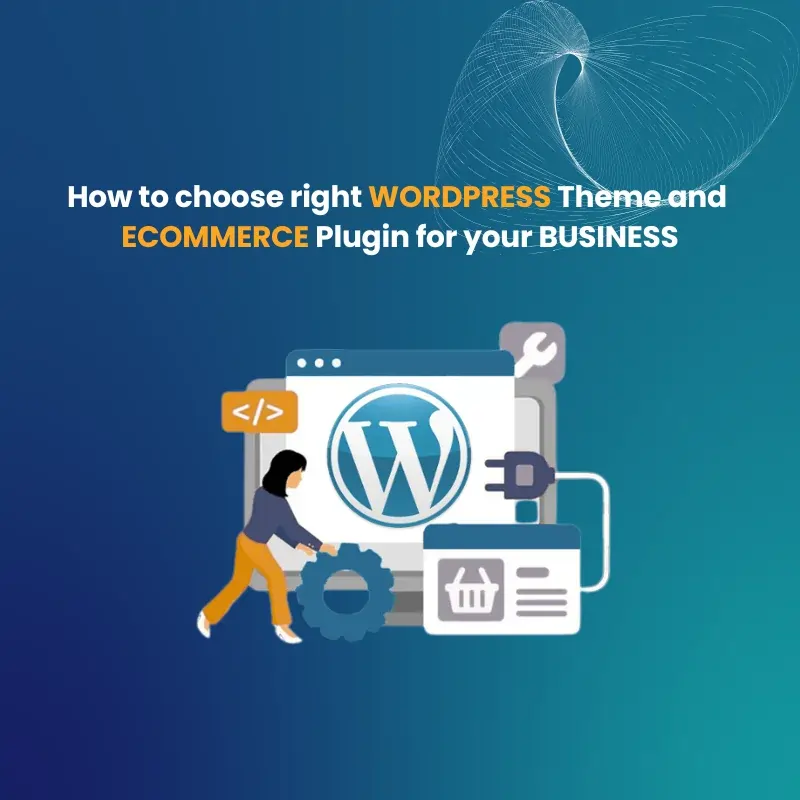In the digital age, the competition for online visibility is fierce. If you’re looking to improve your website’s rankings on search engines, on-page SEO is one of the most effective strategies. On-page SEO refers to the techniques used to optimize individual web pages to rank higher and earn more relevant traffic in search engines.
While on-page SEO can significantly benefit your website, it’s essential to understand both its advantages and limitations before diving into optimization efforts. In this blog post, we’ll explore the key pros and cons of on-page SEO, helping you make an informed decision about how to improve your website’s performance.
Pros of On-Page SEO
1. Improved Search Engine Rankings
One of the most significant benefits of on-page SEO is its ability to improve your website’s ranking on search engines like Google. By optimizing your content with relevant keywords, meta tags, headers, and internal linking, you help search engines understand the context of your pages, increasing the likelihood of ranking higher in search results.
2. Enhanced User Experience
A website optimized for SEO is not just about ranking higher; it’s about creating a better experience for your users. On-page SEO involves improving site speed, mobile responsiveness, content quality, and easy navigation—all factors that contribute to an enhanced user experience. A user-friendly website keeps visitors engaged longer, which can positively affect your rankings.
3. Higher Conversion Rates
Optimizing your website’s on-page elements isn’t just about getting traffic; it’s about converting that traffic into customers or leads. By improving elements like call-to-action buttons, user-friendly navigation, and relevant content, you can guide your visitors toward taking the desired action. The result? Higher conversion rates and increased sales or inquiries.
4. Targeted Traffic
On-page SEO ensures that the right people are visiting your website. By using well-researched keywords and optimizing your content for user intent, you attract highly targeted visitors who are more likely to engage with your brand. This can lead to improved ROI, as you’re bringing in traffic that’s already interested in your products or services.
5. Faster Crawling and Indexing
Search engines use crawlers to index your website’s content. On-page SEO techniques, such as optimizing URLs, internal links, and sitemaps, help crawlers efficiently navigate and index your content. This can lead to faster indexing and quicker visibility for newly published pages.
Cons of On-Page SEO
1. Time-Consuming
Implementing on-page SEO requires a significant time investment. From keyword research to optimizing meta tags, headings, images, and content, every detail matters. For larger websites, this process can become even more time-consuming. You need consistent effort to maintain your on-page SEO strategy and keep your website up to date.
2. Requires Expertise
Effective on-page SEO requires knowledge of SEO best practices. Without proper expertise, you might miss crucial elements or apply outdated tactics that could harm your rankings. SEO is a constantly evolving field, and staying up to date with the latest trends and algorithms is essential for success.
3. Challenging for Large Websites
If you’re managing a website with numerous pages, optimizing each one individually can become overwhelming. Large websites need more time and resources to ensure that every page is properly optimized, especially when it comes to keeping content fresh and relevant across all pages.
4. Results Take Time
While on-page SEO is an essential long-term strategy, it can take time to see significant results. It can take weeks or even months to notice improvements in search rankings, especially if your industry is highly competitive. Patience is key when implementing on-page SEO, and you must be prepared for gradual improvements rather than immediate gains.
5. Algorithm Changes
Search engines like Google frequently update their algorithms. While these updates are intended to improve search results, they can sometimes disrupt existing on-page SEO efforts. What worked well in the past may no longer be as effective, requiring you to adjust your on-page SEO strategy to stay aligned with the latest search engine algorithms.

 Digital Transformation
Digital Transformation







